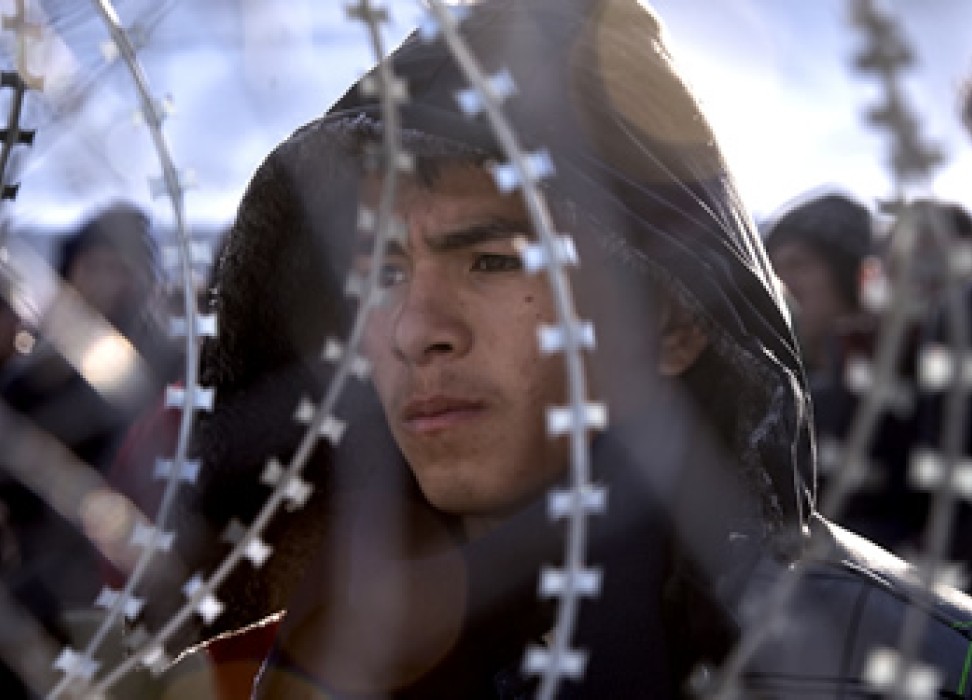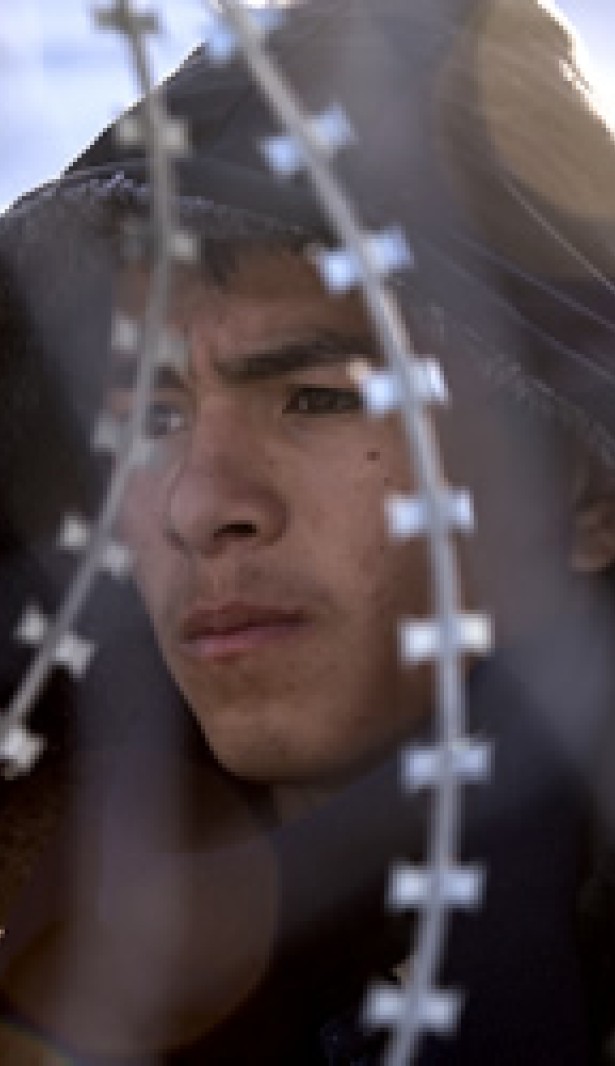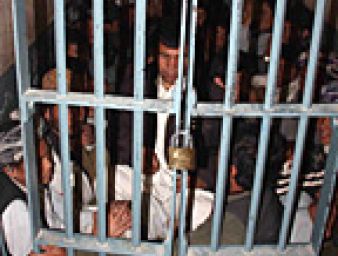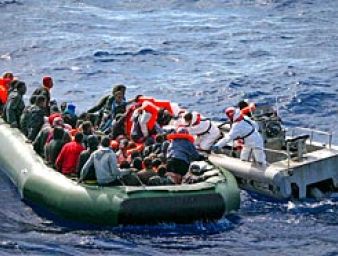Migrant survivors of torture: A ‘silent epidemic’ of trauma
27 June 2017

Outside a mobile clinic for migrants in Rome, 20-year-old Ibrahim from Mali is among 20 others waiting to see the doctor. He has suffered from insomnia since he arrived in Italy in 2016. For the few hours a night that he manages to sleep, he is plagued with nightmares – of his journey crossing the Mediterranean Sea on an overloaded boat, where fellow passengers died crushed by the weight of others, or of prison camps in Mali and Libya, where he suffered beatings, sexual abuse and torture.
“Our doctors and volunteers see dozens of patients a day who suffer from a physical or mental illness, which actually masks another illness called ‘torture’,” said Dr. Alberto Barbieri of Doctors for Human Rights (Medici per i Diritti Umani, or MEDU), which runs the mobile clinic with the support of the UN Fund for Victims of Torture.
According to MEDU, more than 90 percent of migrants assisted by their mobile clinics have been victims of extreme violence, torture and inhumane treatment either in their country of origin or at some point along the migration route.
"It is critical that migrants and refugees who arrive after having experienced torture receive treatment as soon as possible," said Dr. Barbieri speaking at a recent UN Human Rights Office panel discussion on Torture Victims in the Context of Migration.
"This means having on hand in border areas and migrant reception centres, not just border guards and immigration officials, but psychologists and physicians to properly assess the condition of each new arrival and identify those who have suffered torture and are in need of immediate assistance."
An estimated 181,000 migrants landed in Sicily and other regions of southern Italy in 2016, and thousands more continue to arrive each month. "This is perhaps the most significant human phenomenon of our time," said Dr. Barbieri, urging increased attention to therapeutic responses to what he called a 'silent epidemic' of psychological trauma suffered by thousands of migrants who have survived torture.
MEDU has dispatched a team of physicians and psychologists to reception centres for asylum seekers in Sicily and to the Psyché Centre in Rome to provide medical consultations, psychological assessments and emotional counselling to newly arrived migrants and refugees, with special attention to those who have survived torture.
"The trauma that torture survivors carry is both in their body and their spirit. And often the psychological dimension is what is most affected and most neglected. As one patient said in his testimony, 'you feel like you are no longer a human being'," said Dr. Barbieri.
A torture victim's path from horror to healing relies on the expertise and dedication of doctors, lawyers, therapists and social workers. The UN Fund for Victims of Torture, managed by the UN Human Rights Office, provides nearly 7 million USD to more than 170 organizations around the world to support treatment for 50,000 torture survivors each year.
"More people are on the move today in flight from conflict and crises; in search, too, for hope and for security. Their human rights move with them - wherever they go and whoever they are, they always have rights,” said UN Deputy High Commissioner for Human Rights Kate Gilmore. “And for those who are fleeing torture to be met at borders with cruel treatment and detained in circumstances that amount to imprisonment? That is unacceptable."
Ms. Gilmore urged UN Member States to support the UN Fund for Victims of Torture and to amend migration governance policies to provide equal treatment to all migrants, regardless of their legal status.
TAKE ACTION:
Support survivors of torture, help them to rebuild their lives. Donate now to the UN Fund for Victims of Torture: https://donatenow.ohchr.org/torture.aspx
27 June 2017



